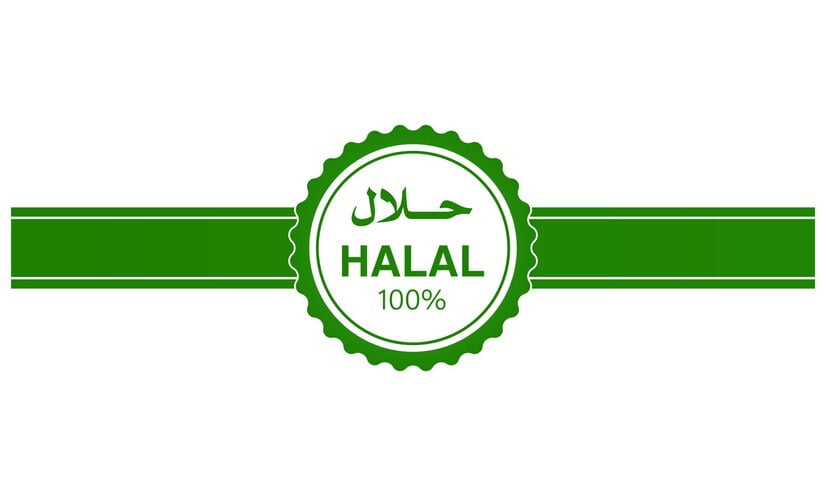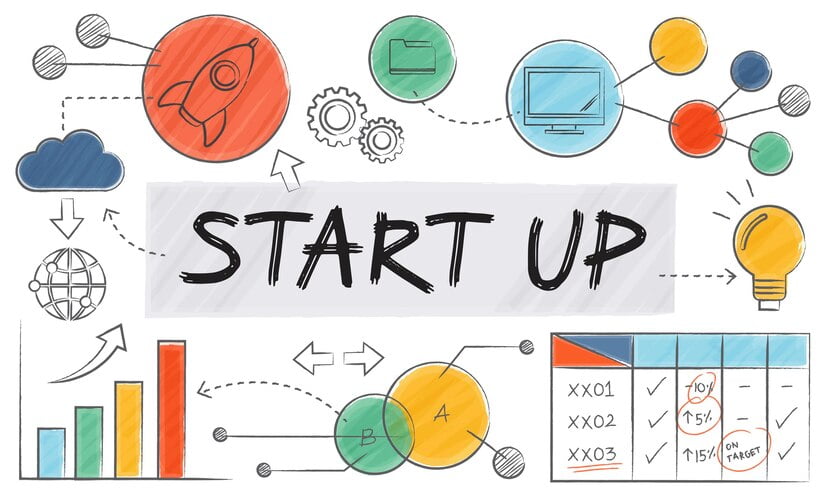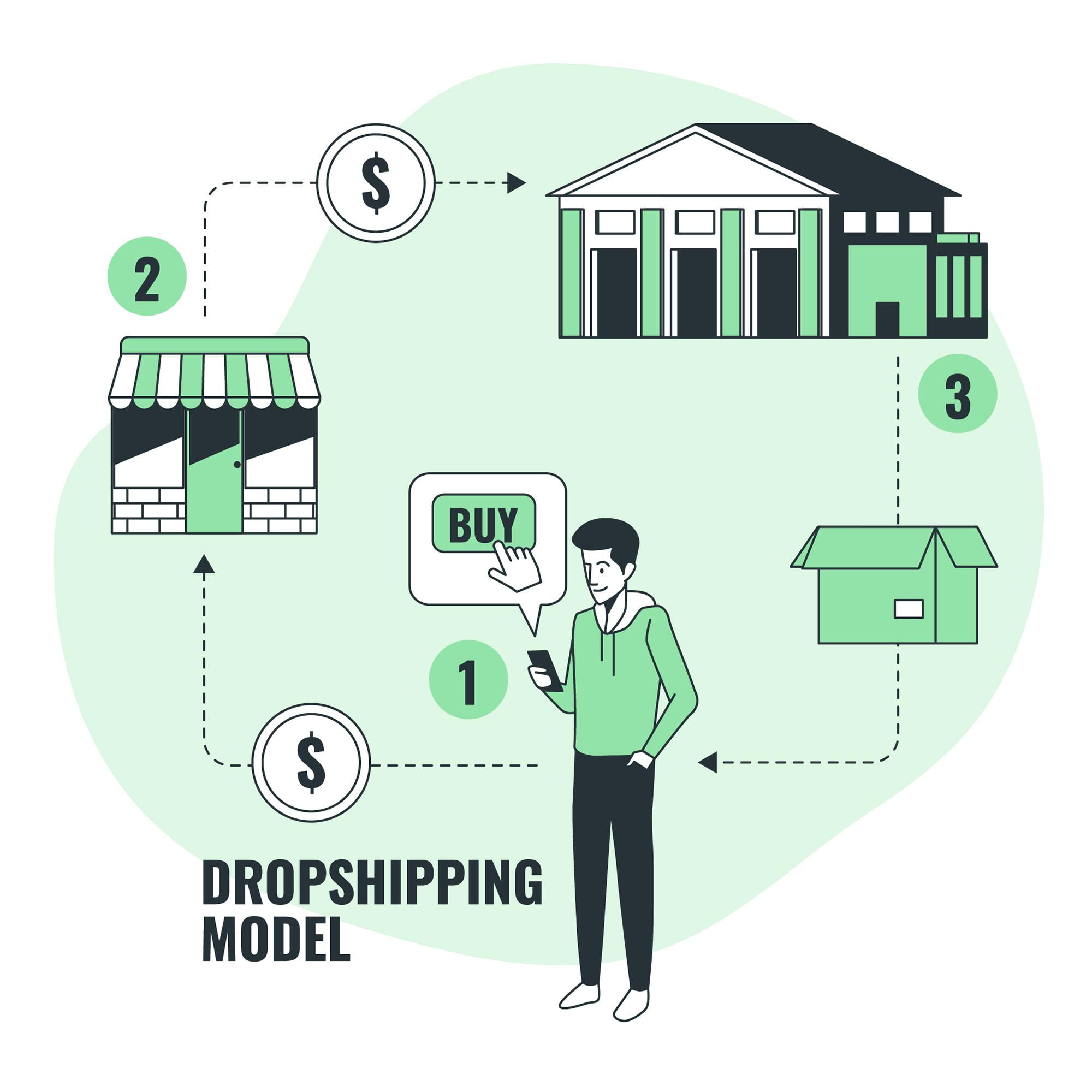The trillion-dollar halal industry surrounds diverse sectors including food, finance, tourism, and cosmetics. This rapidly growing industry offers significant opportunities for businesses seeking to tap into the global halal market.
The halal industry caters to the Muslim population, valued at over 1.8 billion people worldwide, creating a vast consumer base. With increasing awareness of halal products and services, the industry continues to expand, driven by the growing Muslim population and non-Muslim consumers seeking ethical and high-quality products.
As a result, the halal industry holds immense potential for profitability and economic growth. Moreover, it reflects the convergence of economic, cultural, and ethical considerations, making it an influential part of global trade and commerce. Understanding and engaging in the halal market can lead to sustainable business success and development.
Table of Contents
ToggleThe Rise Of The Halal Industry
The Halal industry is experiencing a remarkable rise, with the global Halal market projected to reach a trillion dollars by 2027. This exponential growth can be attributed to various factors, including the expanding range of Halal products and services and consumers’ evolving preferences worldwide.

Expansion Of Halal Products And Services
In response to the increasing demand for Halal-certified products, companies across diverse sectors are expanding their offerings to cater to this lucrative market. From Halal food and beverages to cosmetics, pharmaceuticals, and even tourism services, the range of Halal products and services has significantly grown in recent years. This expansion reflects the recognition of the Halal industry as a valuable business opportunity worldwide.
Evolving Consumer Preferences
Consumer preferences are rapidly evolving, with a growing number of individuals seeking products that align with their cultural and religious beliefs. The Halal industry has capitalized on this trend by providing a wide array of options that meet these preferences. Halal-certified products are not only in demand among Muslim consumers but also among non-Muslims who value the quality, and ethical standards associated with Halal certification.
Global Market Size And Growth
The global halal industry is witnessing exponential growth, with its market size reaching the trillion-dollar mark. This promising trend reflects the increased demand for halal-certified products and services worldwide, driven by a growing Muslim population and a rising awareness of halal principles among non-Muslim consumers. The Trillion Dollar Halal industry is ready for remarkable growth. Understanding the Trillion Dollar Value allows us to dive into the immense potential of this market.
Understanding The Trillion Dollar Value
The trillion-dollar Halal industry organizes vast opportunities worldwide. The market size reflects exponential growth potential. From various sectors, it caters to diverse consumer needs.
Market Trends And Projections
Market Trends indicate a steady rise in consumer demand. Projections point towards sustained growth in the Halal industry globally. Emerging markets show promising potential for expansion. So you tuned in to explore the dynamic landscape of the Trillion Dollar Halal industry.

Untapped Opportunities In The Halal Industry
The halal industry has been rapidly growing, becoming a trillion-dollar industry with immense potential for global expansion. As the demand for halal products and services continues to rise, there are numerous untapped opportunities in this sector that businesses can utilize for success. From emerging markets with high demand to diversification potential in existing markets, the halal industry presents a wealth of possibilities for growth and innovation.
Emerging Markets With High Demand
The rising consumer awareness about halal products has led to the emergence of new markets with high demand for halal-certified goods. Countries with a large Muslim population, such as Indonesia, Malaysia, and Saudi Arabia, present significant opportunities for businesses looking to tap into this market. Additionally, non-Muslim majority countries are also witnessing an increasing demand for halal products due to their perceived quality and ethical standards.
Diversification Potential In Existing Markets
Even in markets where halal products are already well-established, there is still untapped potential for diversification. With the growth of the halal industry, businesses can explore new product categories and services to meet the evolving needs of consumers. This could include expanding into halal cosmetics, pharmaceuticals, and finance, as well as enhancing halal logistics and certification services to cater to the growing demand.
Key Sectors Of The Halal Industry
The Trillion Dollar Halal Industry comprises key sectors such as food and beverages, pharmaceuticals, cosmetics, and finance. These sectors cater to the growing demand for products and services that comply with Islamic principles, offering immense opportunities for businesses to tap into this lucrative market.

Food And Beverage
The food and beverage sector is one of the key sectors driving the trillion-dollar halal industry. With an increasing demand for halal-certified products globally, this sector holds immense potential for growth. Halal food and beverages refer to products that are prepared and produced in accordance with Islamic guidelines. These guidelines prohibit the consumption of pork and alcohol and require the use of halal-certified ingredients and processes.
Pharmaceuticals And Cosmetics
Pharmaceuticals and cosmetics are also significant sectors within the halal industry. Halal-certified pharmaceuticals ensure that the medications and treatments comply with Islamic principles and are free from any haram (forbidden) ingredients. Similarly, halal-certified cosmetics are created using ingredients that are permissible according to Islamic Law. This includes avoiding the use of alcohol and animal-derived ingredients.
Finance And Islamic Banking
Finance and Islamic banking have emerged as essential pillars of the halal industry. Islamic banking follows the principles of Shariah law, which prohibits the charging or payment of interest (riba) and requires investments to be made in socially responsible activities. This sector provides an alternative banking system for Muslims globally and plays a crucial role in supporting the growth of the halal industry.
Travel And Tourism
The travel and tourism sector is another significant component of the halal industry. Halal tourism caters to the specific needs and preferences of Muslim travelers, including halal food options, prayer facilities, and gender-segregated accommodations. This sector has witnessed substantial growth in recent years, with many destinations and travel agencies worldwide offering halal-friendly services to cater to the growing Muslim traveler market.

The trillion-dollar halal industry surrounds various key sectors that contribute to its exponential growth. The food and beverage sector, pharmaceuticals and cosmetics, finance and Islamic banking, and travel and tourism all play vital roles in meeting the specific needs of the global Muslim population. With an increasing demand for halal-certified products and services, these sectors are expected to continue flourishing in the future.
Challenges And Potential Barriers
The trillion-dollar Halal industry faces several challenges and potential barriers that could impact its growth and development. From certification complexities to market fragmentation, overcoming these hurdles is crucial for the industry’s sustainability.
Certification And Standards
Certification requirements and compliance with strict standards are pivotal in the Halal industry. Ensuring products comply with Halal guidelines can be both costly and time-consuming for businesses.
Supply Chain Management
Managing a Halal-compliant supply chain is challenging because it requires strict control at every step. Ensuring the fairness of ingredients is crucial to maintaining consumer trust. This means sourcing from certified suppliers, preventing contamination during transport, and verifying compliance at processing plants. Each stage must comply with Halal standards, which can be complex and costly. Proper labeling and documentation are also vital to assure consumers that products meet Halal requirements. Despite these challenges, maintaining a Halal-compliant supply chain is essential for catering to the growing demand for Halal products and preserving the trust of Muslim consumers.

Market Fragmentation
The market’s fragmentation can hinder uniform standards and regulations, causing inconsistencies in Halal products. Streamlining practices across regions is necessary for global co-ordination.
Investment And Business Opportunities
The trillion-dollar Halal Industry is not only a source of ethical consumption for Muslim consumers around the world, but it also presents a vast array of investment and business opportunities. Entrepreneurs and investors looking to tap into this rapidly growing market have plenty of avenues to explore. From startups in the halal industry to fintech investment potential and the booming halal tourism and hospitality business, there is no shortage of profitable ventures to consider.
Halal Industry Startups
The halal industry is ripe with opportunities for startups. As Muslims are becoming more conscious of the halal status of products they consume, innovative entrepreneurs can capitalize on this trend. Startups can focus on developing new halal food and beverage products or creating halal-certified cosmetics and personal care items. With the help of technology, these startups can streamline the process of halal certification, making it easier for businesses to meet the growing demand from consumers.
Investment Potential In Halal Fintech
When it comes to investing in the halal industry, one cannot overlook the potential of halal fintech. The convergence of financial technology and the principles of Islamic finance opens doors to a wide range of investment opportunities. Investors can seek out startups and established companies that provide halal investment options, sharia-compliant banking services, and Islamic insurance solutions. With the global Muslim population expanding, the demand for halal financial products and services is on the rise, making it an attractive sector for investors.

Halal Tourism And Hospitality Business
Halal tourism and hospitality have emerged as a growing sector within the halal industry. Muslim travelers are seeking destinations and accommodations that cater to their religious and cultural needs. Entrepreneurs and investors can capitalize on this market by establishing halal-friendly hotels, resorts, and restaurants.
In addition, tour operators can offer packages modified for Muslim travelers, including visits to halal-certified attractions, guided tours of historical Islamic sites, and activities that comply with Islamic principles. By tapping into the growing halal tourism market, businesses can not only reap financial rewards but also contribute to promoting and enhancing the global halal lifestyle.
As the Halal industry continues to expand, reaching trillion-dollar status, it presents vast opportunities for businesses worldwide. Ensuring compliance with Halal standards can lead to profitable growth in diverse sectors. Embracing this ethical and inclusive market trend can drive economic advancement and bring cultural understanding.








